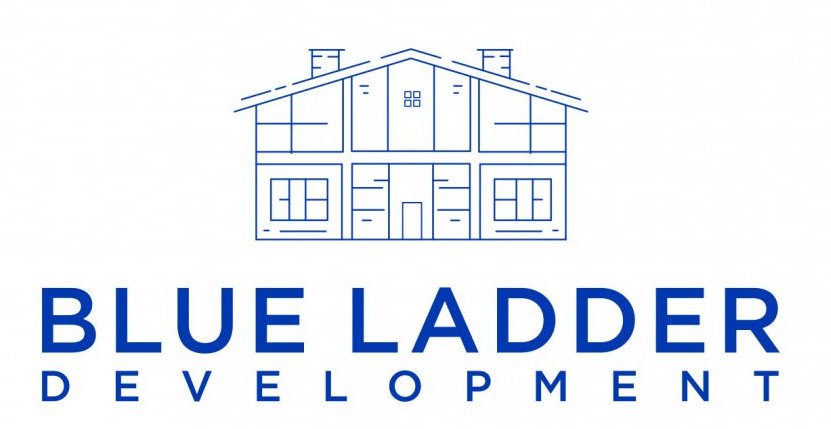Understanding the foreclosure process in IL is an important part of navigating your own home foreclosure.
Before we dive in…
Understanding the Foreclosure Process in IL
What is foreclosure anyway?
Foreclosure is the legal process that lenders use to take back property, generally after the borrower stops making payments.
Foreclosure is difficult and stressful time. But just know that it’s not the end of the world.
When you know how foreclosure in IL works… it arms you with the knowledge to make sure you navigate it well and come out the other end as well as possible.
The Basic Stages of A Foreclosure
There are a few stages that are important to the foreclosure process in Illinois. The foreclosure process is different in every state so be sure that your referencing a local source when doing research on how the process works
For example, Illinois is a judicial foreclosure which means the mortgage lender must file a lawsuit in the local county court system to execute the foreclosure process. Keep in mind that the foreclosure process doesn’t start in the court system until you are 60-120 days late on your mortgage payment.
After the lender has filed started the lawsuit (called Lis Pendens) you will receive a summons from the local county sheriff’s office or a process server. The summons is an additional notification that you are party to a lawsuit and is a request to appear in court.
Not answering the door or intentionally avoiding the process server will not help you. The lender is able to file a public listing in the newspaper that will service as a substitution of service and continue the process from this point.
You’ll want to be sure to attend the scheduled court hearing and ask the staff if there is a local resource (many have free legal clinics) that you can speak with.
Connect with us by calling 630-387-6861 or through our contact page to have us walk you through the specific foreclosure process here locally in Chicago.
What to Expect During Judicial Foreclosure
- Your mortgage lender must file suit in the court system.
- You’ll get a letter from the court demanding payment.
- Assuming the loan is valid, you’ll have 30 days to bring payment to court to avoid foreclosure (and sometimes that can be extended).
- If you don’t pay during the payment period, a judgment will be entered and the lender can request the sale of your property – usually through an auction.
- Once the property is sold, the sheriff serves an eviction notice and forces you to immediately vacate the property.
Anyone who has an interest in the property must be notified during the f foreclosure process.
For example, any contractors or banks with liens against a foreclosed property are entitled to collect from the proceedings of an auction.
What Happens After A Foreclosure Auction?
After a foreclosure is complete, the loan amount is paid off with the sale proceeds.
Sometimes, if the sale of the property at auction isn’t enough to pay off the loan, a deficiency judgment can be issued against the borrower.
A deficiency judgment is where the bank gets a judgment against you, the borrower, for the remaining funds owed to the bank on the loan amount after the foreclosure sale.
Here’s a link to website that lists several local Illinois Foreclosure Resources
Generally, it’s best to avoid a foreclosure auction. Instead, call up the bank, or work with a reputable real estate firm like us at Blue Ladder Development to help you negotiate discounts off the amount owed to avoid having to carry out a foreclosure.
Experienced investors can help you by negotiating directly with banks to lower the amount you owe in a sale – or even eliminate it, even if your home is worth less than you owe.
If you need to sell a property near Chicago, we can help you.
We buy houses in Chicago IL like yours from people who need to sell fast.
